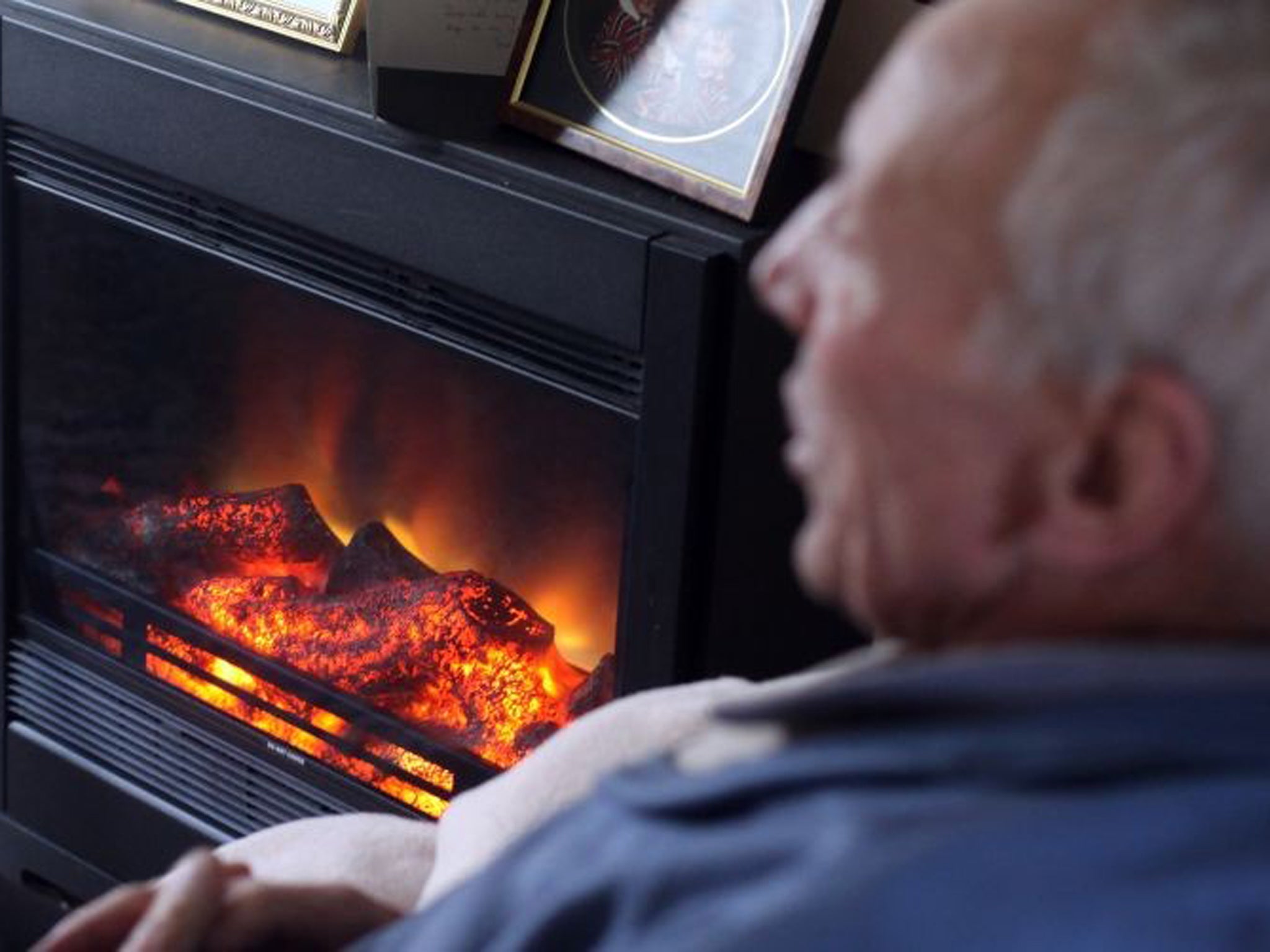Savvy Money: For low earners the inflation rate is well above 2.9%
Essentials such as energy and food are going up faster than prices generally, while wages stagnate

Last month inflation rose to 2.9 per cent, the highest annual rate for over a year. That's using the Government's preferred measure, the consumer prices index.
The retail prices index, which used to be the way we measured rising prices, was even higher at 3.3 per cent (up from 3.1 per cent in May).
Wages flatlining
At risk of "rate of change" overload, I'll give you one more figure, and that's the rate at which wages are rising.
The average annual rate is 1.3 per cent, according to the Office for National Statistics. So the wages of most people (except senior executives, bankers and possibly soon MPs) are falling in real terms.
Petrol prices rise again
One of the main culprits for the rise in the inflation rate was an increase in the price of petrol and diesel.
Even though it isn't rising by as much as it did a couple of years ago, it was up by a penny (compared with a fall of over 4p in June last year).
And at around £1.37 a litre for petrol (the price my local garage is selling it at), you won't get much change out of £75 if you fill up a medium-sized car, never mind a people carrier or gas guzzler.
Incidentally, in Venezuela it would cost me less than £1 to fill up my car. Not sure it's reason enough to move though …
Inflation low – or is it?
Of course, compared with inflation rates of up to 25 per cent in the 1970s, it all sounds like small beer. Except that for many people, and especially older people and those on a lower income, the inflation rate is nothing like 2.9 per cent.
Get a free fractional share worth up to £100.
Capital at risk.
Terms and conditions apply.
ADVERTISEMENT
Get a free fractional share worth up to £100.
Capital at risk.
Terms and conditions apply.
ADVERTISEMENT
If you spend more of your money on gas, electricity and petrol/diesel, your personal inflation rate will be higher.
Longer-term trends
Looking over the longer term, the ONS says the cost of energy, housing, water, and food and non-alcoholic beverages make up over half of the 12-month increase in prices in the past five years.
Tullett Prebon, the broker, has produced an "essentials index". It found that in 2012, the cost of essentials rose by 3.7 per cent, compared with 2.8 per cent for CPI.
Over a 10-year period, the price of essentials has risen disproportionately faster than other items. CPI increased by 29 per cent and wages by 36 per cent between 2002 and 2012 (most of the wage rises were pre-credit crunch).
In every year since 2007, the cost of essentials has risen faster than wages. For example, between 2007 and the end of 2012, the price of gas and electricity rose by 46 per cent, petrol and oil by over 56 per cent and food by 30 per cent (wages were up by 10 per cent).
Not surprising that many people are struggling.
Falling pensions payouts
It's not just rising prices that affect the amount you have to spend.
Wages may only be rising very slowly, but pensioners who have to buy a retirement income with an annuity have seen rates fall sharply in recent years.
And that often means a lower income for the rest of their lives (women have been slightly cushioned from the full impact as they benefited from a change in the rules in December which meant gender couldn't be taken into account).
Savings rates at rock bottom
Meanwhile, savings rates have been decimated. A quick scan of the best buy tables (not sure they should be called that any more) shows that you'll struggle to get more than 1.75 per cent on an easy-access savings account.
And if you take the bold leap of locking your money into a fixed-rate savings account for five years, you'll only earn an extra 1 per cent or so. No laughing matter if you're relying on that income to pay your bills.
Verdict
Headline inflation figures can be a useful broad brush indicator of what's happening to prices, but do not reflect the increases in the cost of living experienced by many people.
Even if you take inflation figures at face value, savings accounts that pay out more are thin on the ground.
Join our commenting forum
Join thought-provoking conversations, follow other Independent readers and see their replies
Comments
Bookmark popover
Removed from bookmarks